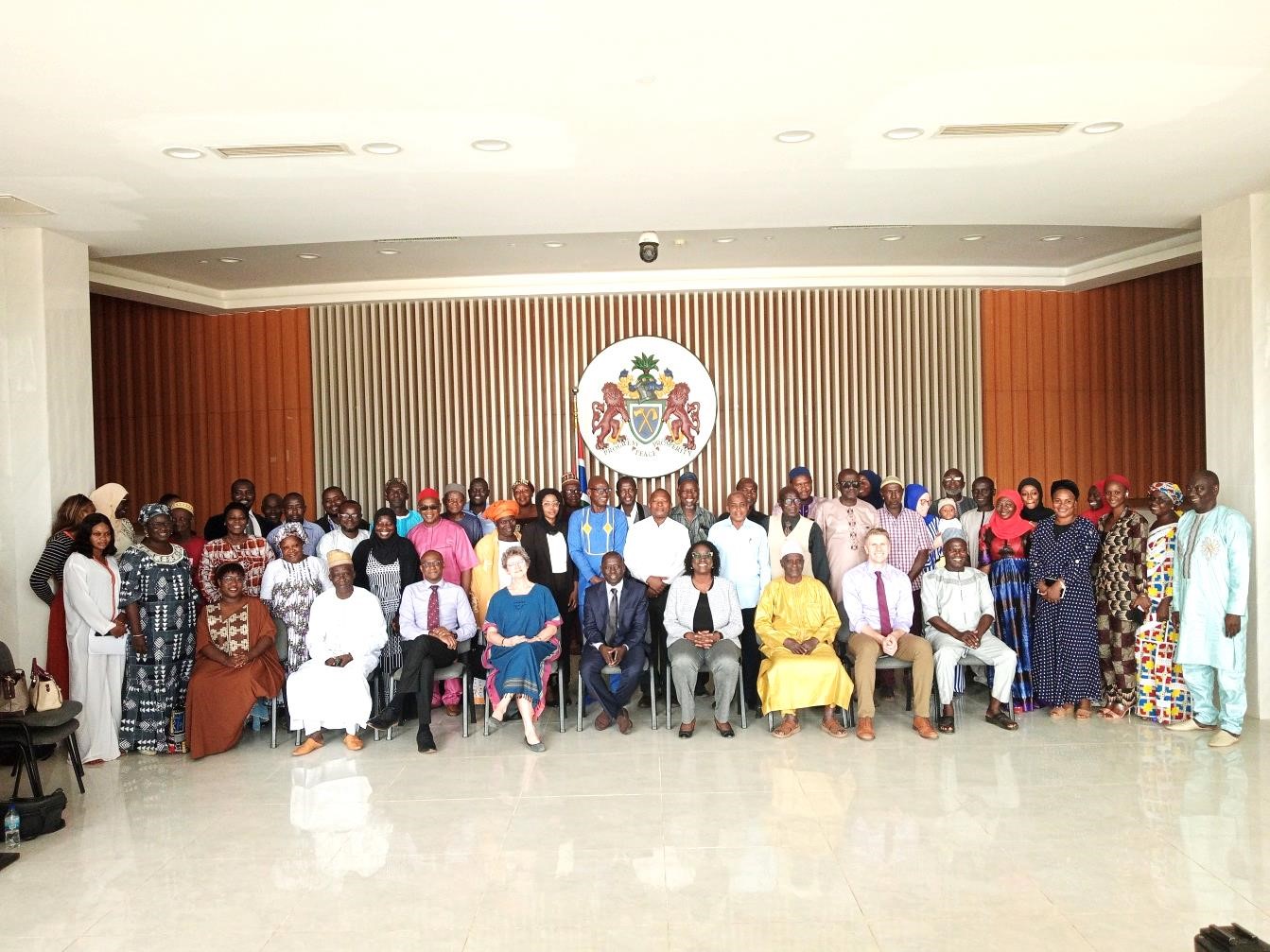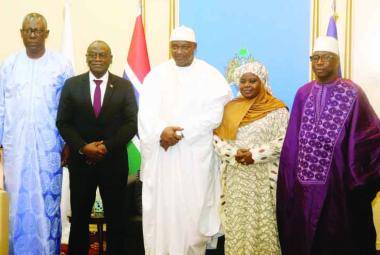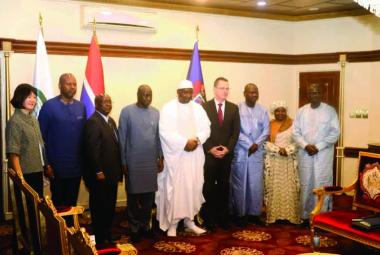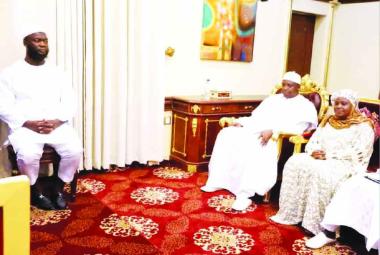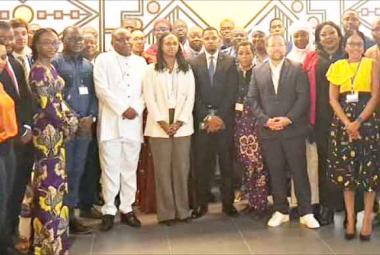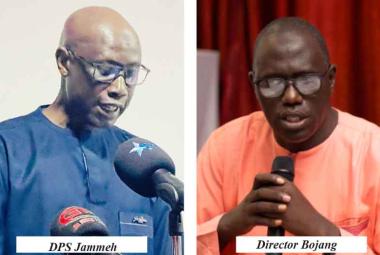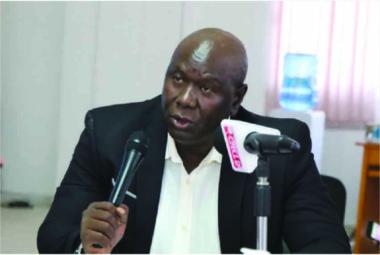By Abdou Mbye
The Curriculum Research and Development Directorate (CREDD) under the Ministry of Basic and Secondary Education (MoBSE), partnered with the World Bank (WB) to host a five-day stakeholder engagement forum. The focal point of this convergence was the validation of a Language in Education Policy for The Gambia.
Officials from MoBSE and the World Bank, alongside seasoned educationists, gathered at the Sir Dawda Kairaba Jawara International Conference Center on Monday, November 13, for a meticulous examination of the draft policy. The primary objective was to ensure an all-encompassing approach that resonates with the diverse needs of learners.
During the welcoming remarks, Mr. Adama Jimba Jobe, Deputy Permanent Secretary (DPS) Programs, emphasized the forum's significance, urging participants to critically review the document for the development of a comprehensive policy aligned with the educational aspirations of the people.
In his opening statements, Mr. Ebriama Sawanneh, the Permanent Secretary (PS) at the Ministry of Basic and Secondary Education, highlighted the critical nature of a language policy in a multilingual country like The Gambia. He stressed the importance of clear directions on utilizing languages L1 and L2 in education.
"Research has revealed that children first learn the language of their home and community (their mother tongue) or L1, shaping a child’s identity and connecting them with their heritage," PS Sawanneh elucidated.
He emphasized that L1 is pivotal for unlocking knowledge, fostering understanding of roots, and laying a solid foundation for learning.
"Our language in Education policy is evidence of our commitment to cultural heritage, promoting multilingualism, and nurturing well-rounded individuals who can communicate effectively in a globalized world," he added.
Madam Feyi Boroffice, the World Bank Country Representative, acknowledged the successes in access to basic and secondary education in The Gambia. She emphasized the importance of language of instruction in enhancing foundational learning and commended the proposed bilingual or multilingual instruction policy as a key to unlocking educational potentials.
"As part of our commitment to this global dialogue, the World Bank supports the exploration of bilingual or multilingual instruction policy as a key to unlocking educational potentials," she said.
She continued that the approach aligns with global discussions on education and lays a strong foundation for future educational structures.

